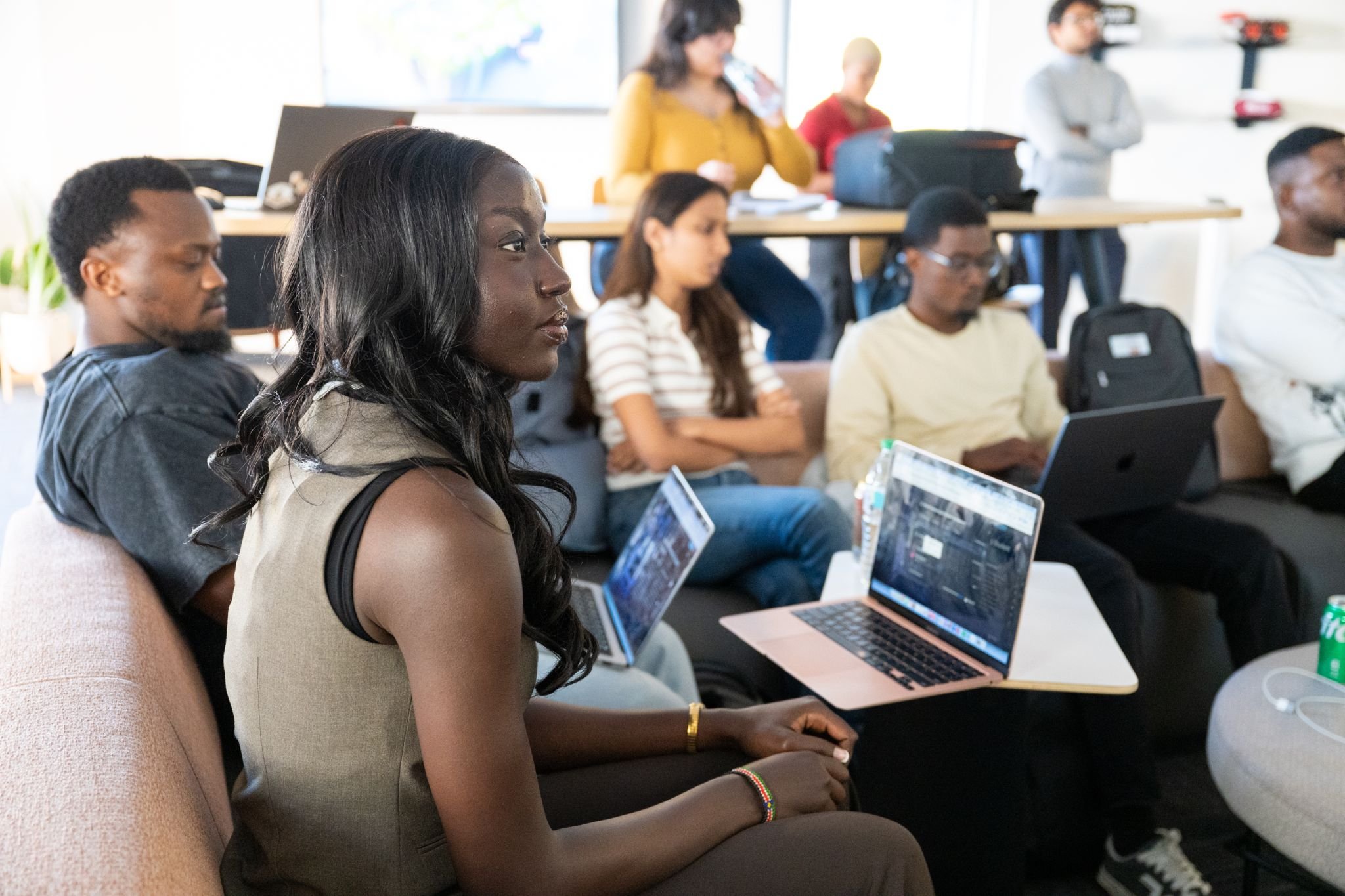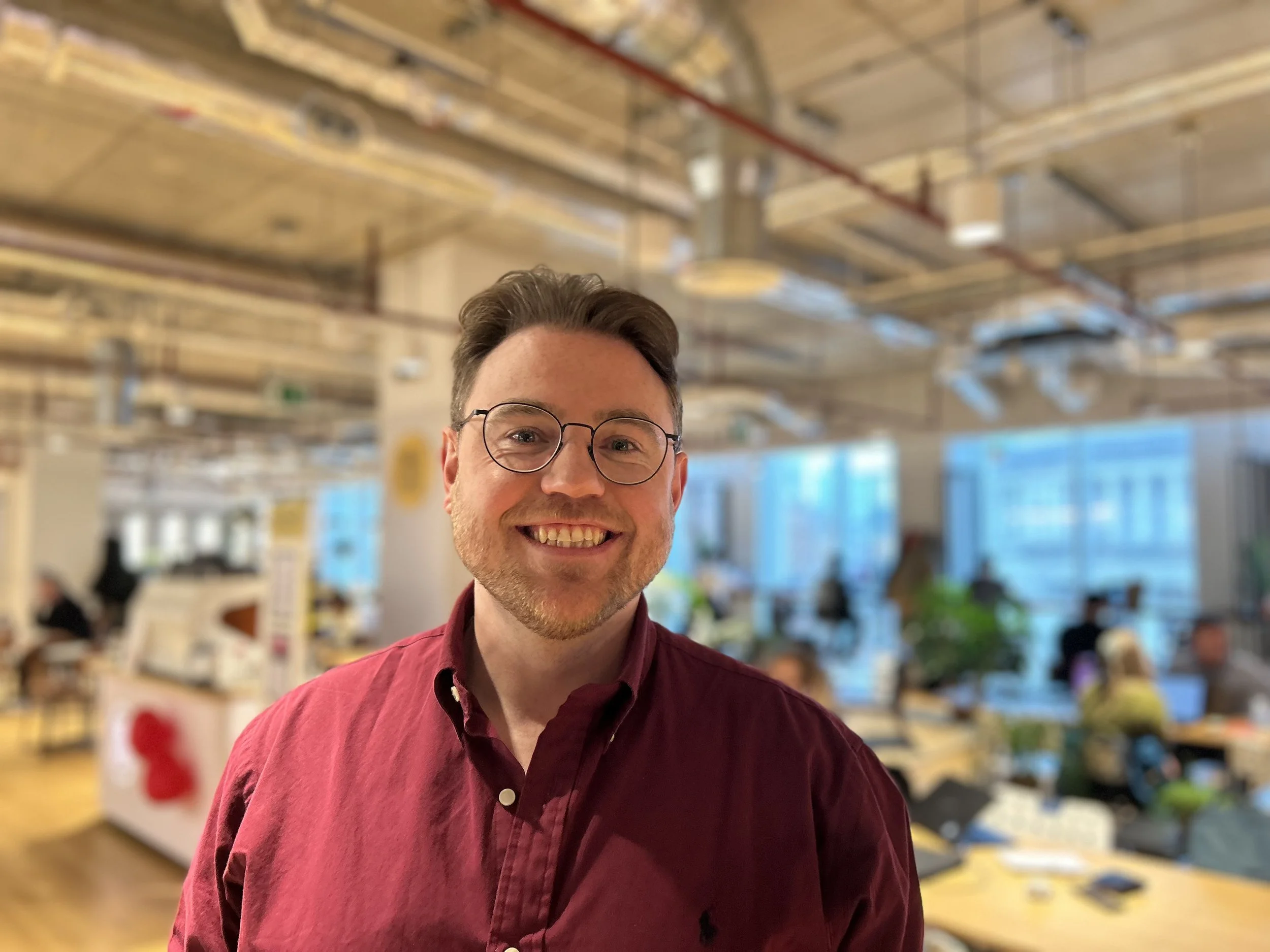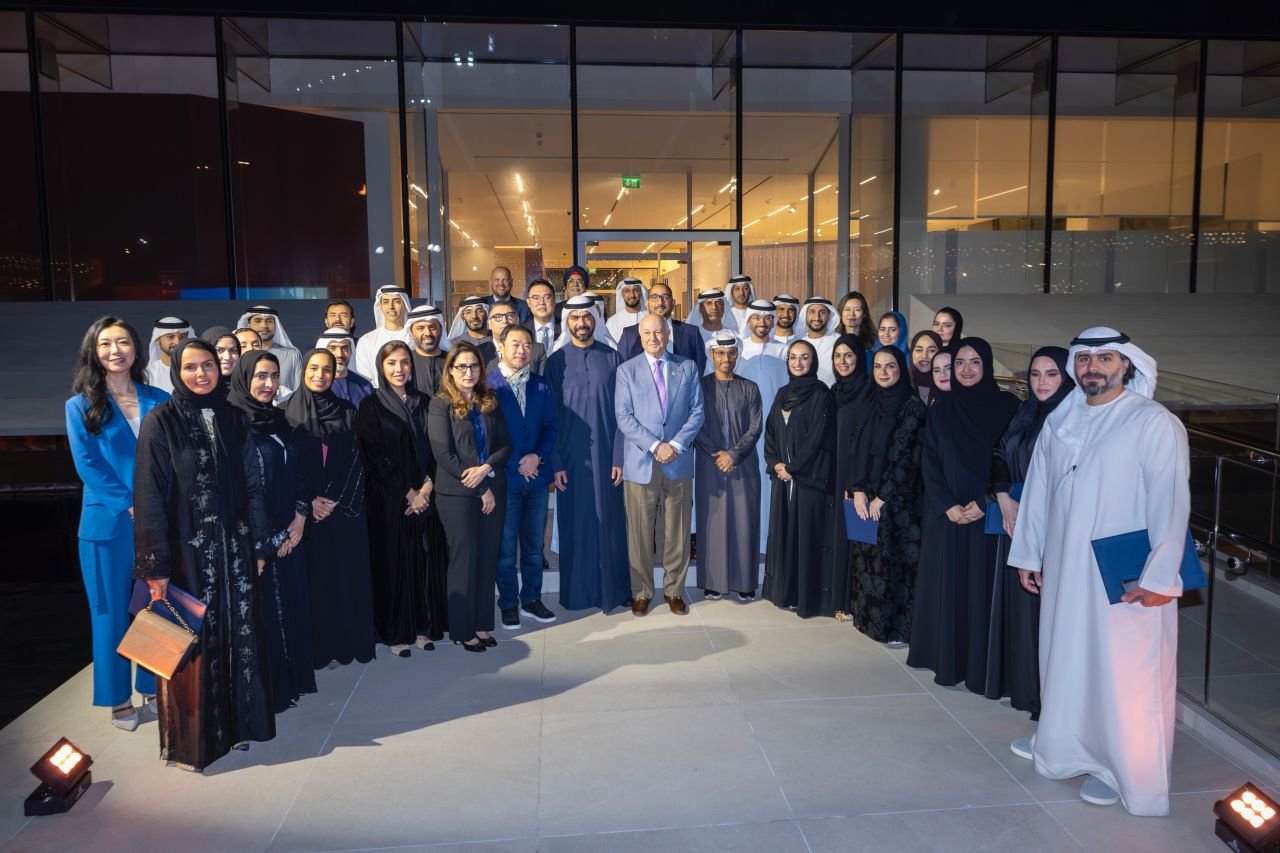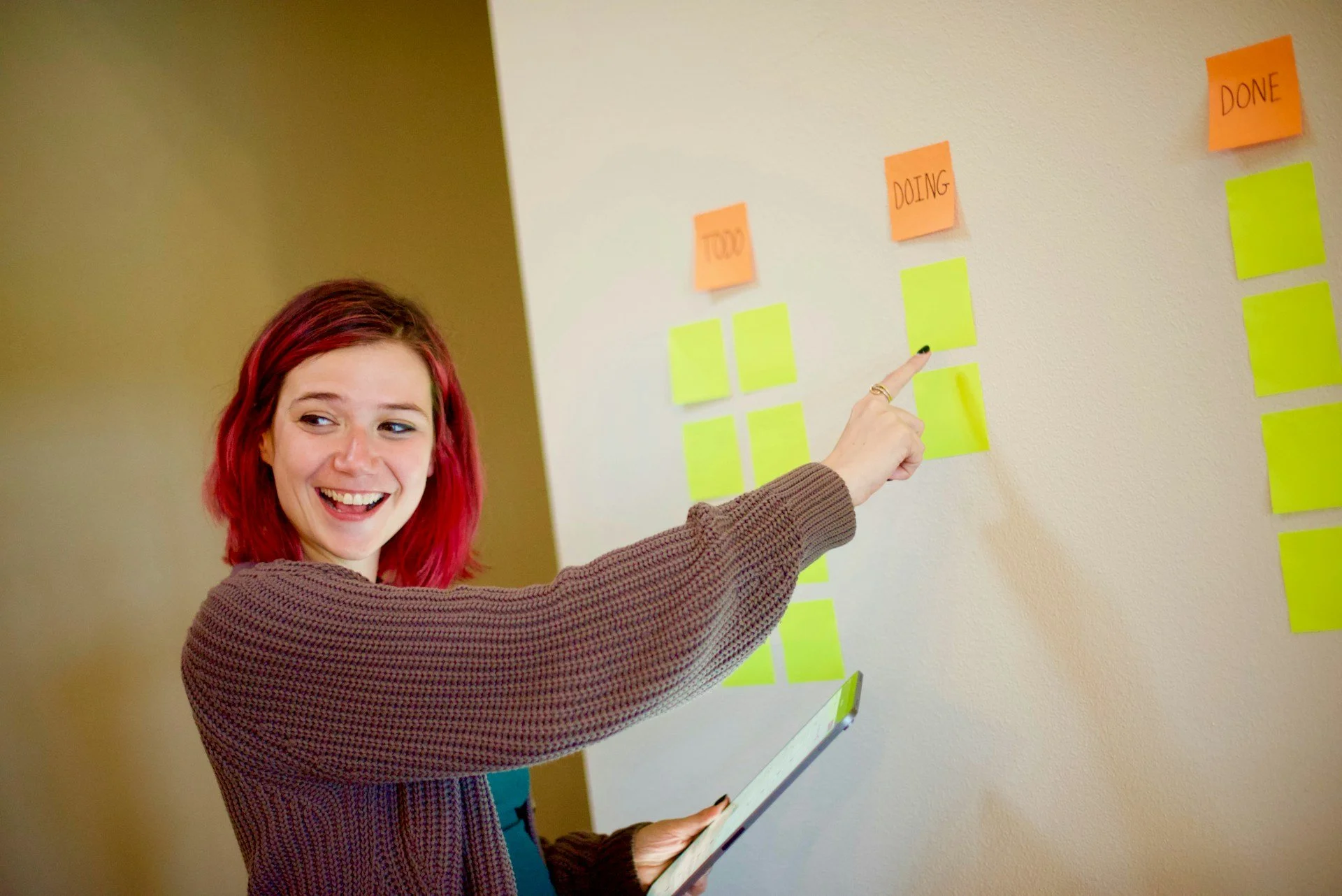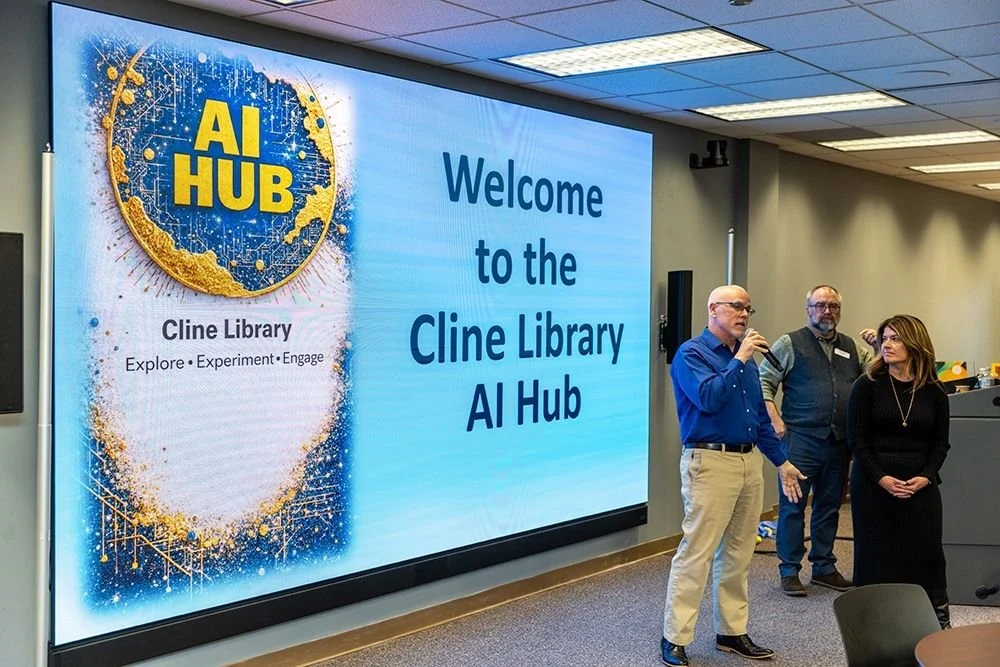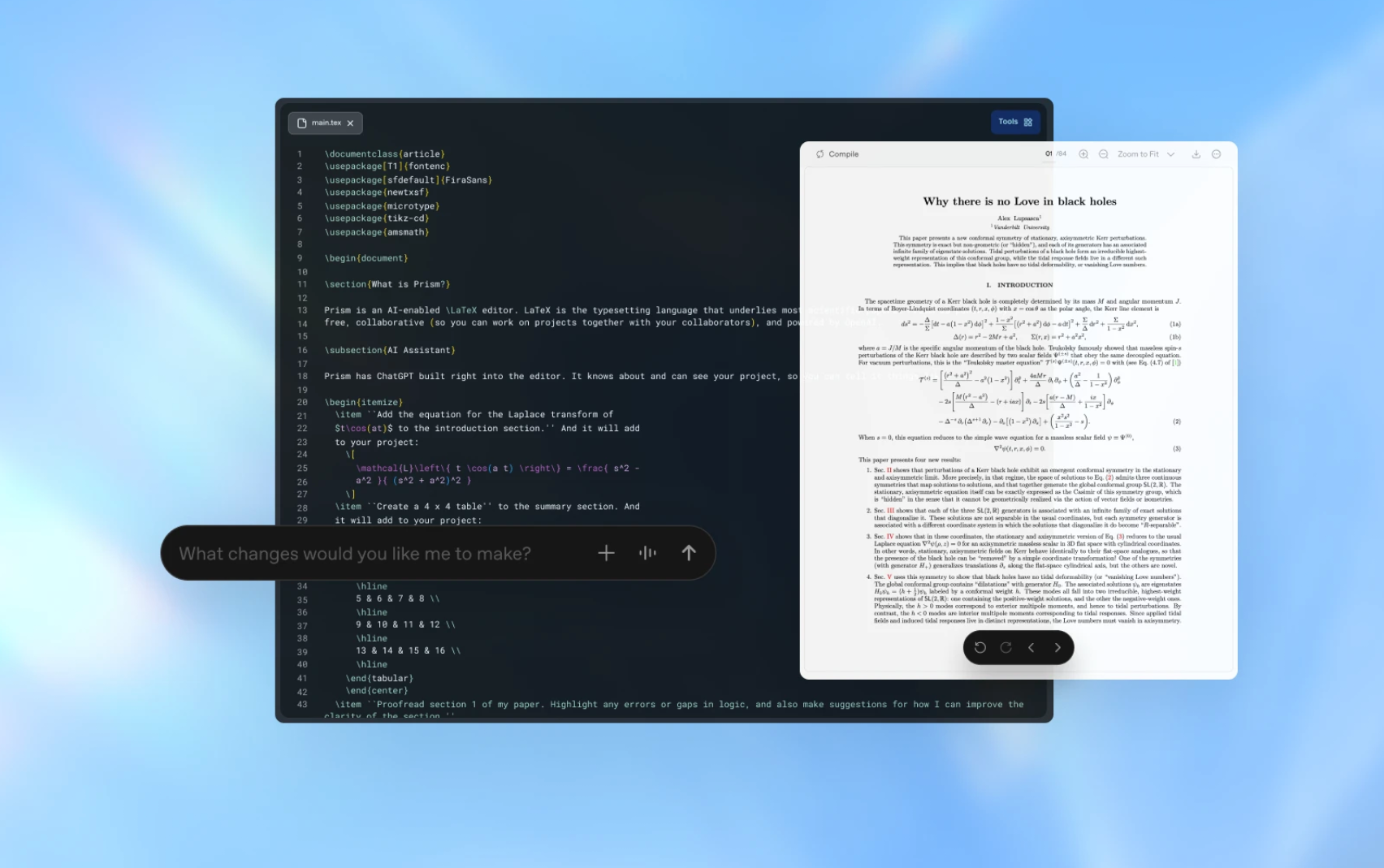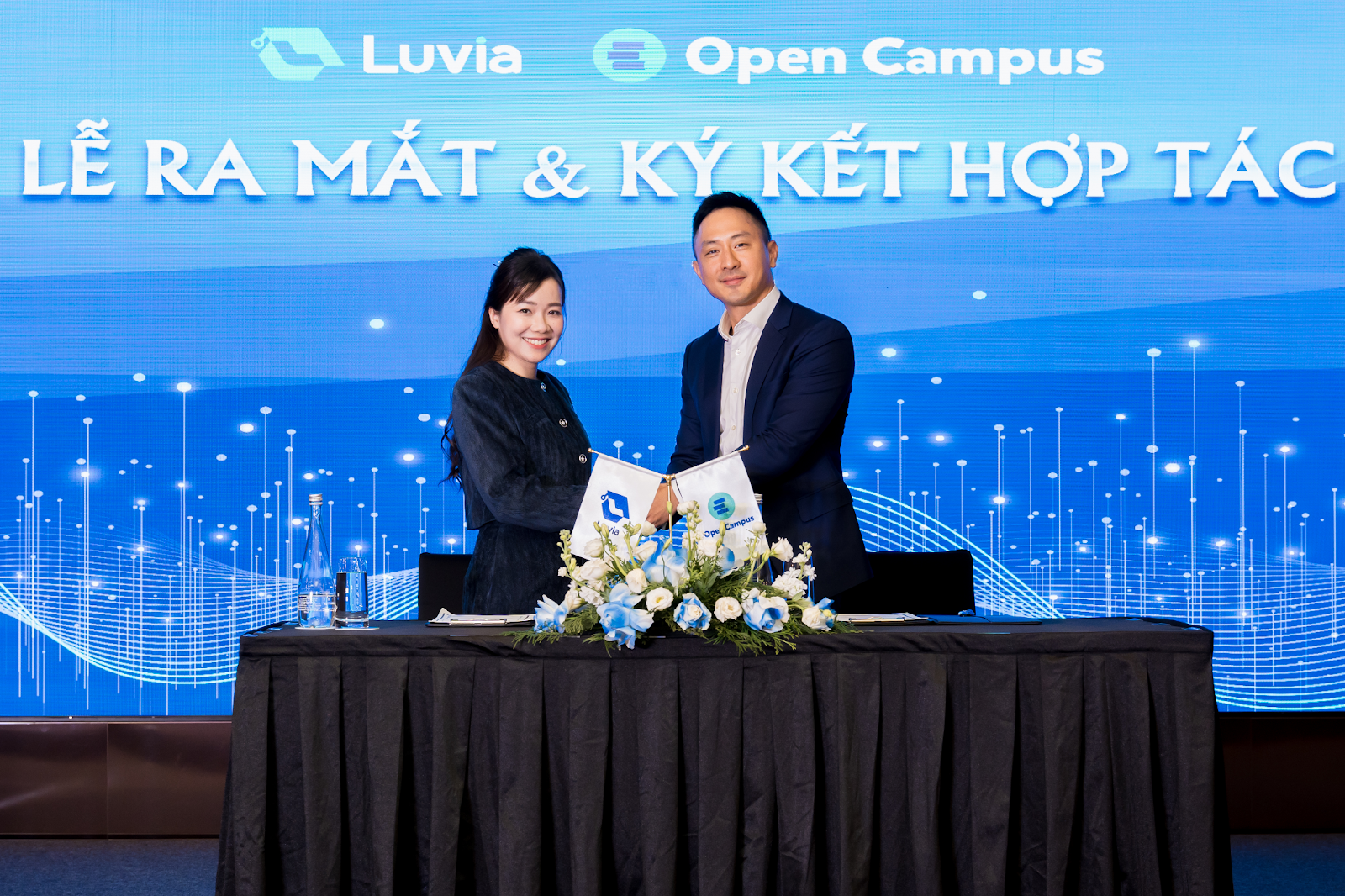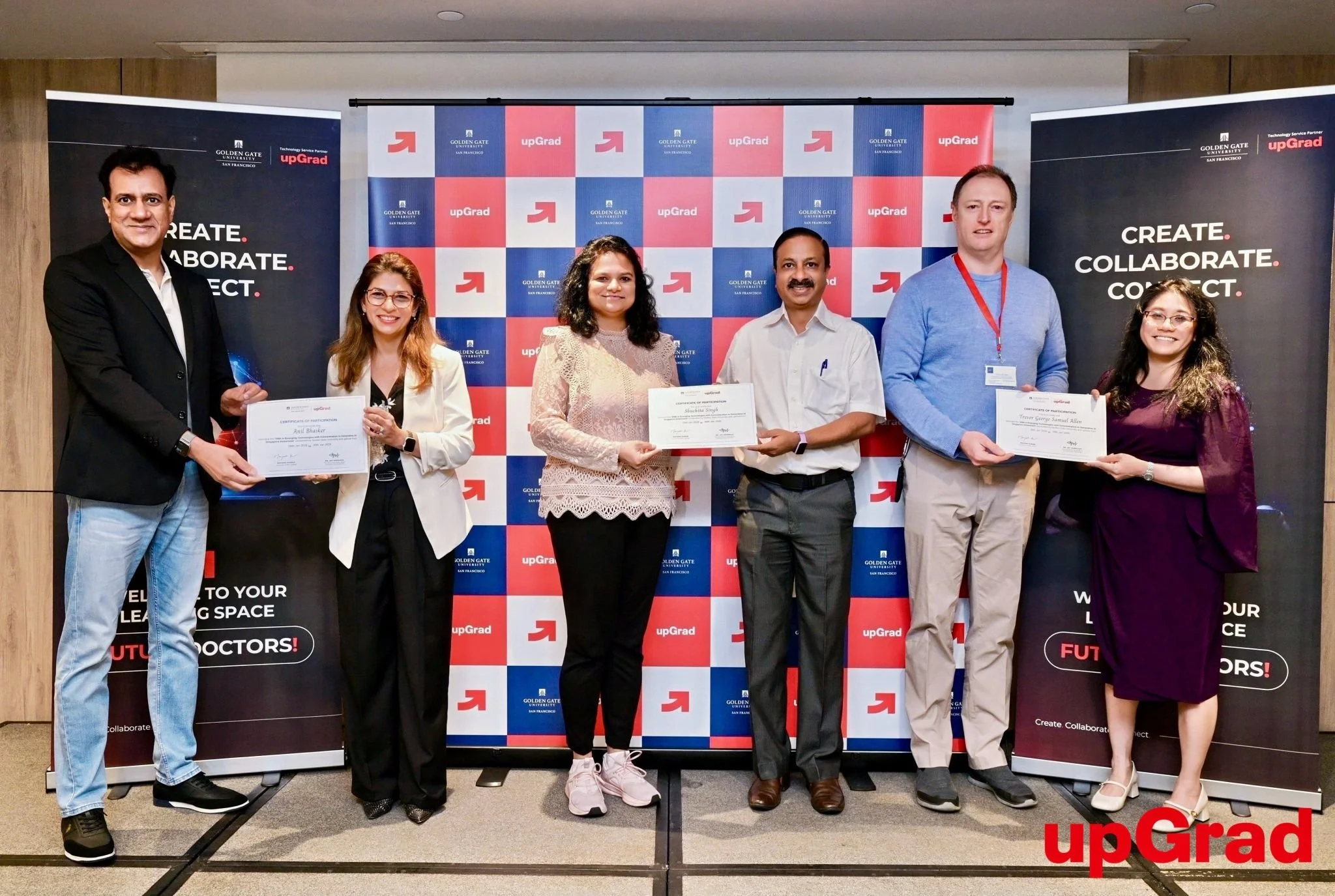Arizona launches ASU-led upskilling program for state employees
Arizona State University and the State of Arizona roll out free professional courses and certificates for eligible staff after demand fills the first cohort within two weeks.
Photo credit: Arizona State University
Arizona State University (ASU) and the State of Arizona have launched a workforce development program that offers state employees access to free professional courses and certificates. The initiative aims to strengthen digital, leadership, and problem-solving skills among public sector staff as technology reshapes the workplace.
According to ASU, the program reached full capacity just two weeks after launch, with more than 1,000 state employees expressing interest and 600 already enrolled. Additional spaces will open as more funding becomes available.
Eligible employees select one course or certificate in collaboration with their supervisors, choosing from a range of topics such as business management, data analytics, and technology-enabled collaboration. Options include short, skills-based courses that can be completed in under eight hours and longer certificate programs focusing on leadership and data-driven decision-making.
Governor Katie Hobbs says: “Arizona’s state employees are the heart of public service. This partnership invests in them — helping our workforce strengthen its skills, stay adaptable and continue delivering the best possible service to the people of Arizona. The incredible demand for the program shows how much state employees value high-quality professional development and the opportunity to earn a credential, which will generate a strong return on investment for the state.”
Focus on skills that match workforce priorities
The initiative was developed following a state employee engagement survey showing professional learning and development as a top priority. Employees highlighted employer-paid certifications as one of the most valued benefits, with clear links between ongoing learning and workplace performance.
Participating ASU colleges include the College of Integrative Sciences and Arts, the New College of Interdisciplinary Arts and Sciences, the Rob Walton College of Global Futures, the Thunderbird School of Global Management, the Watts College of Public Service and Community Solutions, and the W. P. Carey School of Business.
Full-time state employees who have worked for at least one year, are not under a performance improvement plan, and have supervisor approval can apply. The program operates on a first-come, first-served basis. Agencies determine whether participants can complete courses during work hours, introducing some variation in access across departments.
Participants receive a digital credential from ASU upon completion, which can be added to professional portfolios or used in performance evaluations. Keynote sessions led by ASU faculty throughout the year will cover topics such as leadership, innovation, and managing change.
Nancy Gonzales, Executive Vice President and University Provost at ASU, says: “As a lifelong Arizonan, I’ve seen firsthand the impact public employees have in every community across our state. Arizona will continue to thrive thanks to programs like this one, which ensures that our public employees have opportunities to learn and grow throughout their careers. This partnership reflects ASU’s commitment to transforming the university experience into a lifelong relationship that empowers people at every stage of life.”
The ETIH Innovation Awards 2026
The EdTech Innovation Hub Awards celebrate excellence in global education technology, with a particular focus on workforce development, AI integration, and innovative learning solutions across all stages of education.
Now open for entries, the ETIH Innovation Awards 2026 recognize the companies, platforms, and individuals driving transformation in the sector, from AI-driven assessment tools and personalized learning systems, to upskilling solutions and digital platforms that connect learners with real-world outcomes.
Submissions are open to organizations across the UK, the Americas, and internationally. Entries should highlight measurable impact, whether in K–12 classrooms, higher education institutions, or lifelong learning settings.








